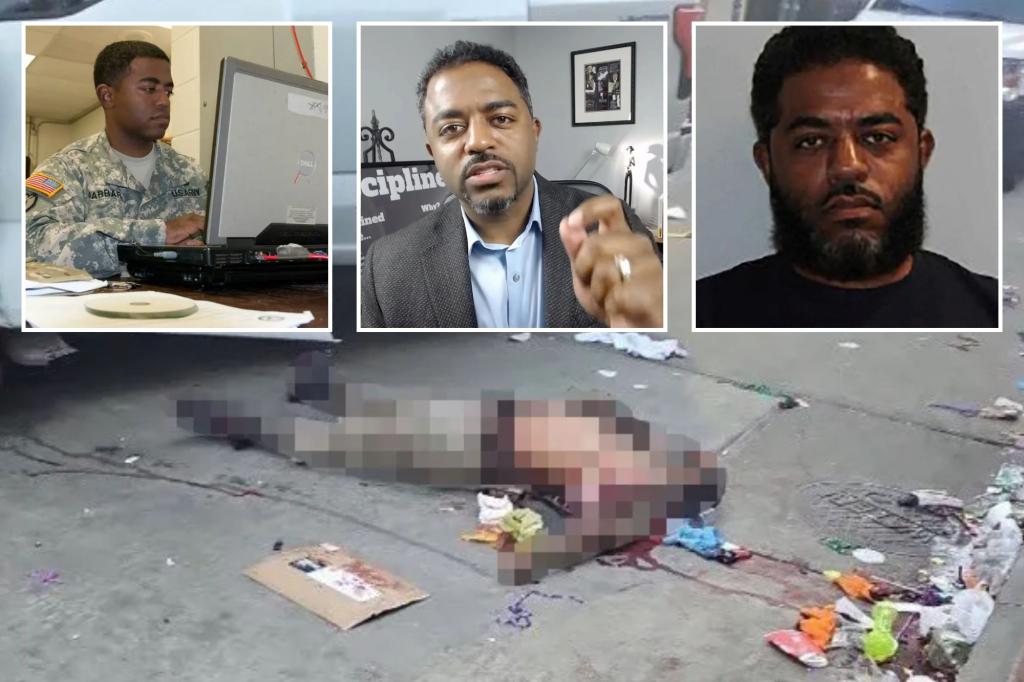The brother of the terrorist responsible for the deadly car attack on Bourbon Street in New Orleans believes that his sibling was radicalized, rather than truly representing Islam. Abdur Jabbar, the brother of the attacker Shasmud-Din Jabbar, claimed that Shasmud-Din had converted to Islam at an early age, but his actions do not reflect the true teachings of the religion. According to Abdur, Shasmud-Din was a caring and intelligent person, which makes his violent actions even more shocking.
Shasmud-Din Jabbar killed at least 15 people in the New Year’s Day attack on Bourbon Street in New Orleans. The attack was carried out by driving a car into innocent revelers, and Shasmud-Din was eventually killed by police following the rampage. Law enforcement officials reported that Shasmud-Din had pledged allegiance to ISIS in videos posted to his Facebook page prior to the attack. He was recording these videos while driving, further indicating his commitment to the terrorist group.
The connection to ISIS and pledging allegiance to the group prior to the attack suggest that Shasmud-Din Jabbar was influenced by radical ideologies. Abdur Jabbar emphasized that his brother’s actions were a result of radicalization, rather than religion. He described Shasmud-Din as a kind, caring, and intelligent person, which raises questions about how he became radicalized and carried out the deadly attack. The attack on Bourbon Street in New Orleans has been a shock for both the victims and the family of the attacker.
The aftermath of the deadly car attack on Bourbon Street in New Orleans has reignited concerns about terrorism and violent extremism in the United States. The incident serves as a stark reminder of the potential threat posed by individuals who become radicalized and carry out violent attacks. The terrorist attack, carried out by Shasmud-Din Jabbar, has left a lasting impact on the community and raised questions about how to prevent similar incidents in the future.
Despite the shocking nature of the attack, Abdur Jabbar believes that his brother’s actions do not represent Islam as a religion. He maintains that Shasmud-Din was radicalized and influenced by extremist ideologies, rather than following the teachings of Islam. Abdur’s perspective on the attack offers insight into the complexities of radicalization and the impact it can have on individuals and communities. The attack on Bourbon Street has sparked discussions about the root causes of terrorism and how to effectively address them.
In the wake of the deadly car attack on Bourbon Street in New Orleans, a sense of shock and sadness has gripped the community. The attack, carried out by Shasmud-Din Jabbar, has left a lasting impact on the victims and their families. Abdur Jabbar’s reflections on his brother’s radicalization shed light on the complexities of extremism and radical ideologies. As the community comes to terms with the tragedy, there are renewed calls for vigilance and prevention efforts to address the threat of terrorism in the United States.














